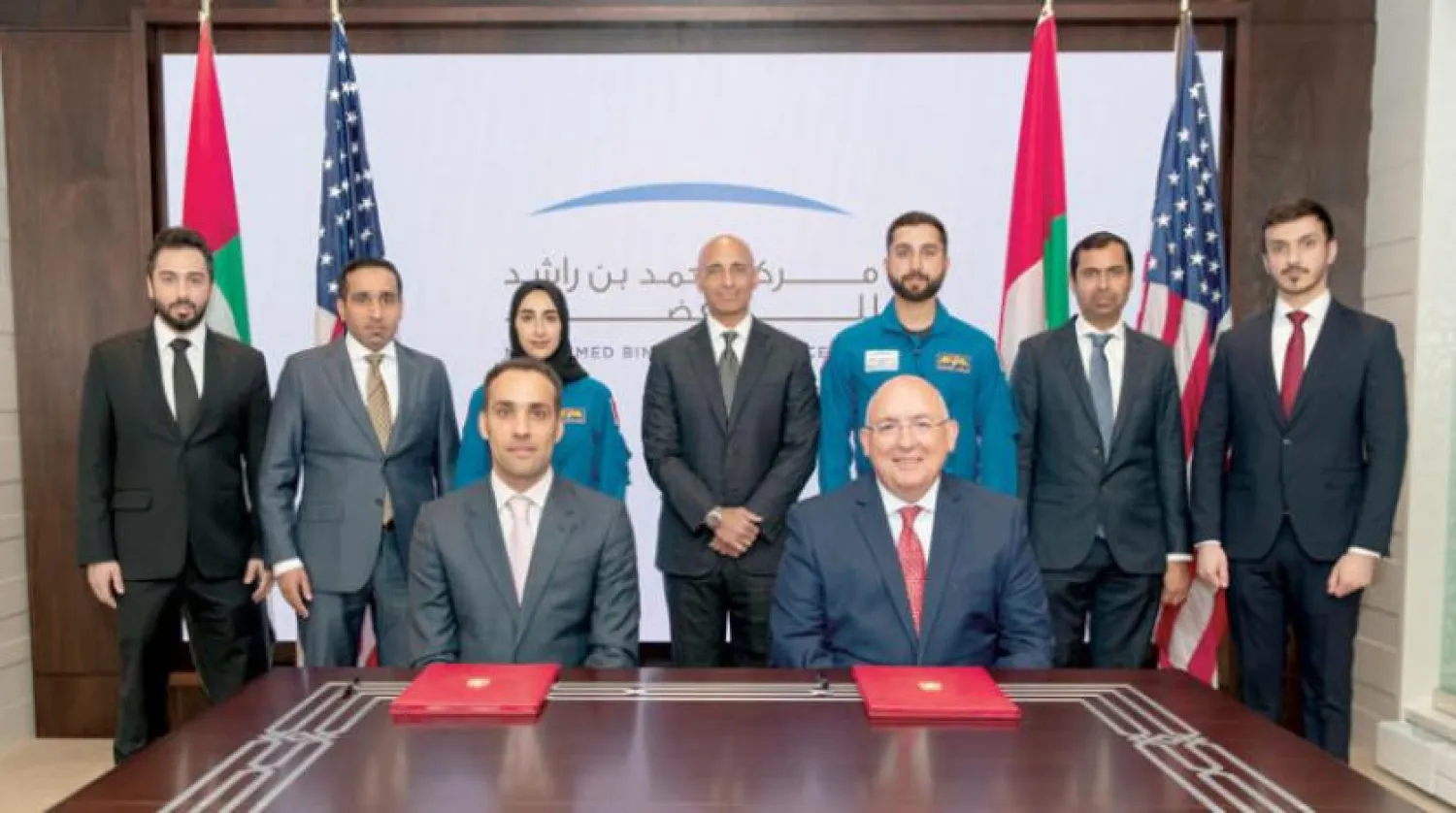The United Arab Emirates has announced the launch of a new space mission to the International Space Station that will last for six months.
The Mohammed bin Rashid Space Centre (MBRSC) signed a new strategic cooperation in human spaceflight with Axiom Space Inc., a leading human spaceflight and infrastructure company.
Sheikh Mohammed bin Rashid Al Maktoum, Vice President, Prime Minister and Ruler of Dubai, said: "We launched the 'UAE Astronaut program' more than five years ago. The UAE sent the first Arab astronaut on a historic trip to the International Space Station... Today we announce a new cooperation between the UAE and the United States of America to send an Emirati astronaut on the first long-term mission aboard the International Space Station".
"Signing the agreement to send the first Arab astronaut in a long-term mission of 180 days to the International Space Station is new milestone for the UAE space sector. The UAE will be among 11 countries in the world that carried out long-term space missions."
He said the UAE space sector is constantly evolving. “The new mission will add new experiences and knowledge to Emirati astronaut and the scientific community.”
The deal will further strengthen collaboration between the MBRSC and the American space agency NASA, as the two entities will collaborate extensively over the duration of the 6-month mission. MBRSC currently has four Astronauts training at NASA’s Johnson Space Centre in Houston, this training will prepare them for long duration human spaceflight.
The agreement between MBRSC and Axiom Space was signed at the Embassy of the United Arab Emirates in Washington, and Yousef Al Otaiba, UAE Ambassador to the United States, Hamad Obaid Al Mansoori, Chairman, MBRSC, and Yousuf Hamad AlShaibani, Deputy Chairman, MBRSC, along with astronauts Nora AlMatrooshi and Mohammed Al Mulla all attended the signing ceremony.
The agreement was signed by both parties: Salem Al-Marri, Director General of the Centre, on behalf of the Centre, and Michael Suffredini, President and CEO of Axiom Space.
The planned space mission to the ISS will include an Emirati astronaut and his counterparts from the US. The team will be conducting experiments and managing the operations of the station. They will be welcomed onboard the space station by a team of Russian cosmonauts as well as American and European astronauts.
On board the ISS, the Emirati astronaut will conduct a series of complex and advanced experiments, and in depth public outreach and education program requiring a longer stay of 180 days until September 2023. The results of his mission are expected to have significant impacts that will benefit the global space community.









